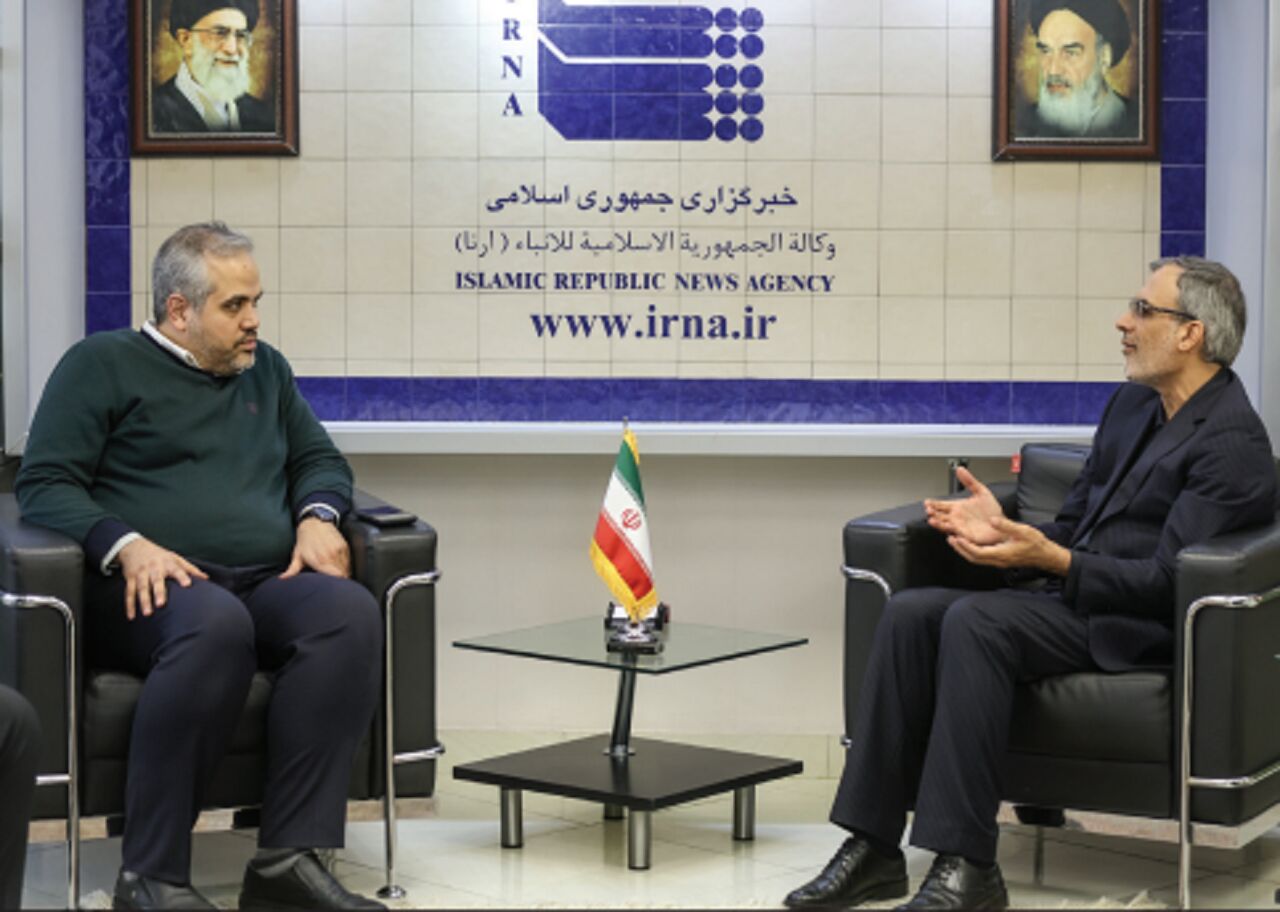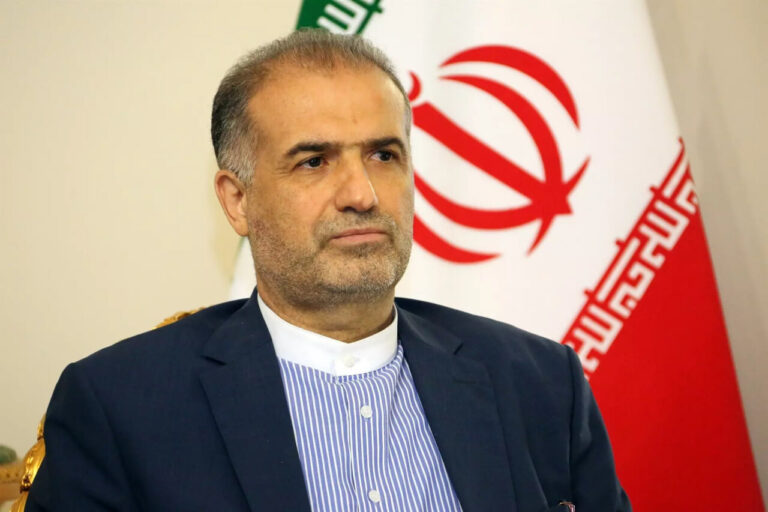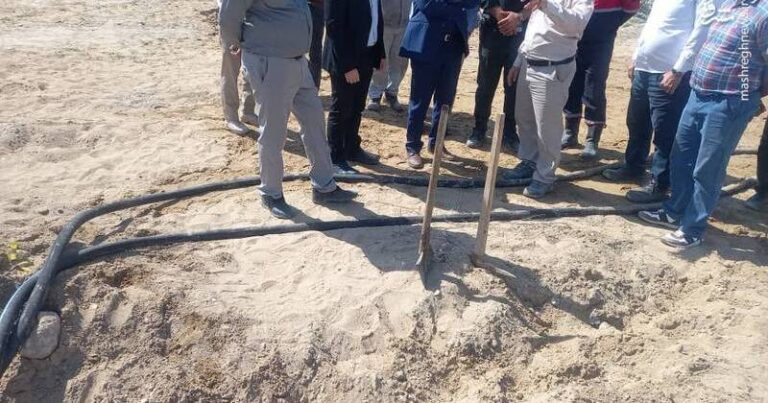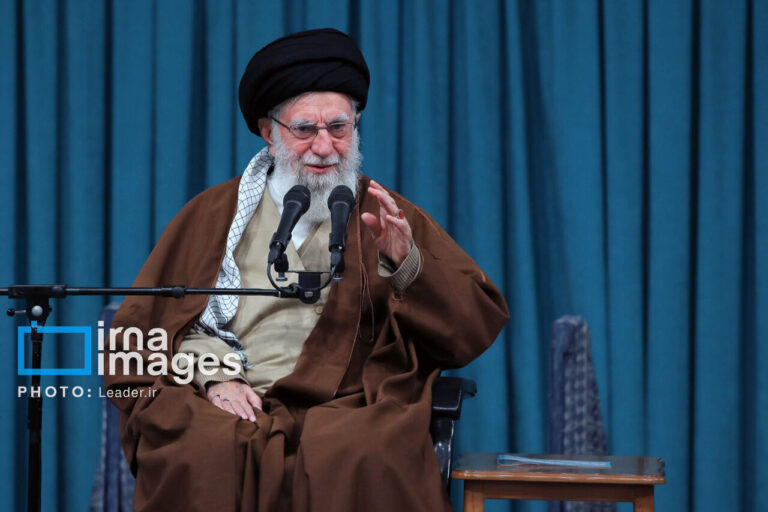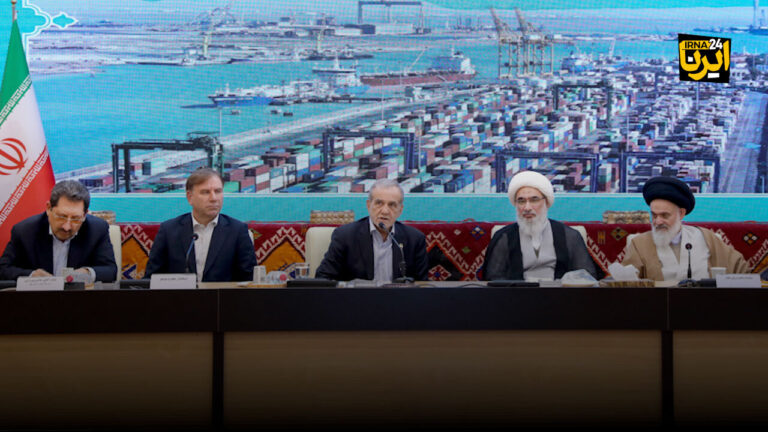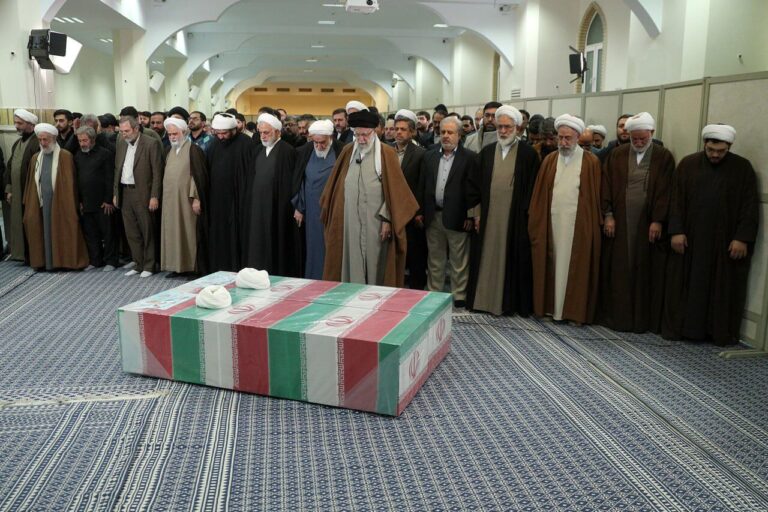IRNA CEO Advocates Attritional Resistance as Key Strategy Against Israel
In an insightful discussion about the recent al-Aqsa Storm operation, Hossein Jaberi Ansari, a seasoned diplomat and CEO of the Islamic Republic News Agency (IRNA), describes the event as a political, military, and security “earthquake” for Israel, revealing the inherent weaknesses within the occupying regime. This operation, launched by Palestinian resistance movements on October 7, 2023, has profound implications for the Palestinian struggle and the ongoing conflict with Israel.
In an interview with Asr-e-Andisheh, Jaberi Ansari elaborates on the motivations behind the al-Aqsa Storm operation and its significance for both Israel and Palestinian aspirations for liberation. He argues that:
- The primary responsibility for liberating occupied Palestine lies with the Palestinian people and regional allies.
- Israel’s expansionist ambitions threaten the sovereignty of Palestine and the broader region.
According to Jaberi Ansari, the events of October 7 have led to polarized interpretations, reminiscent of other contentious international issues:
- Some view the operation as a monumental “turning point” that symbolizes the end of Israeli occupation.
- Others suggest it may have been a strategic maneuver orchestrated by Israeli intelligence and extremist factions.
He criticizes these binary interpretations, arguing they stem from a misunderstanding of both Israel’s nature and Palestinian resistance. Jaberi Ansari points out that:
- Israel has faced multiple defeats against resistance movements, with the al-Aqsa Storm being a notable example.
- The belief that Palestinians cannot execute such significant operations is challenged by historical precedents, such as Lebanon’s resistance that forced Israeli retreats.
To provide context, Jaberi Ansari discusses the historical background of Israel’s creation as an occupying entity, emphasizing that:
- Israel is not simply a “local phenomenon” but has been supported by global powers, particularly the United States and Britain.
- This support has been crucial for Israel’s establishment and ongoing survival.
He explains that historically, the Arab world has responded to Israel’s presence through two main strategies:
- Classic warfare
- Capitulation
Jaberi Ansari notes that from 1948 until the 1973 war, the results of direct military confrontation were disheartening:
- The 1967 war illustrated that military confrontation failed to liberate Palestine, resulting in further occupation.
- Notable territories such as the West Bank, Gaza Strip, Golan Heights, and Sinai Peninsula fell under Israeli control.
He underscores that this led to a pivotal shift in strategy, particularly for Egypt, which moved from a focus on liberation to pursuing peace with Israel. The Camp David Accords were a direct result of this change.
Jaberi Ansari highlights that Egypt’s new approach involved:
- Recognizing Israel and seeking solutions to the Palestinian issue through negotiations.
- Adopting the “land for peace” concept, which replaced the goal of complete liberation.
In contrast to these strategies, Jaberi Ansari argues that the resistance strategy, particularly after the Islamic Revolution in Iran, offers a viable third path. He asserts that:
- This long-term, attritional approach aims to gradually undermine the “Zionist project.”
- It emphasizes sustained resistance rather than immediate military confrontation.
Jaberi Ansari maintains that this resistance is a gradual process, stating that:
- Resistance must continue until the Israeli regime becomes exhausted.
- When conditions are right, we may witness its internal collapse.
